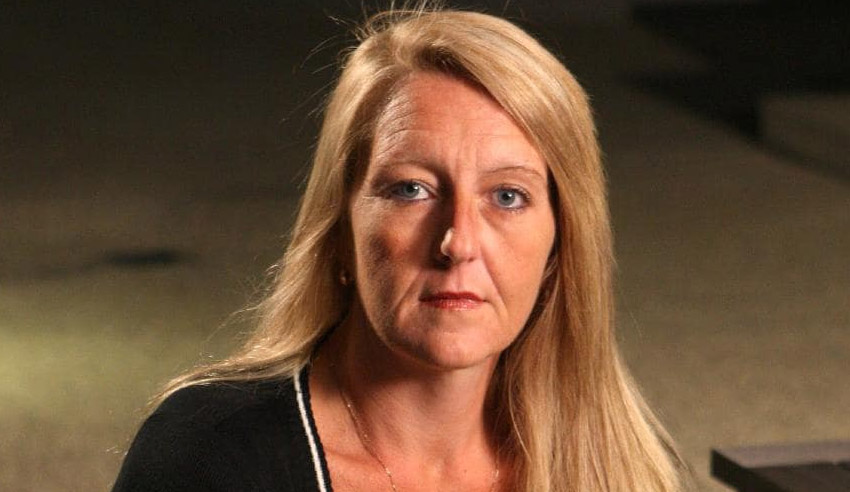The Lawyer X inquiry has recommended the Director of Public Prosecutions step in to prevent police from using legal loopholes to cover up the use of privileged information.

In its submissions to the Royal Commission into the Management of Police Informants, the Director of Public Prosecutions (DPP) said the Lawyer X scandal should have been avoided had Victoria Police obtained timely legal advice and carried out an appropriate disclosure to the accused persons and prosecutors at initial stages of the proceedings.
The RCMPI’s final report confirmed that 1,011 cases may have been affected over the course of Ms Gobbo’s informing. Victoria Police has been tasked with contacting more than 885 people to inform them their trials were likely to have been affected.
While some have “long since moved on with their lives” and may not want to look back on the events that led to their convictions or sentence out of fear it would not work out for the best, Commissioner McMurdo said that those who do seek to appeal could find that the courts will rule there was a substantial miscarriage of justice committed.
The Court of the Appeal of the Supreme Court of Victoria observed that because many matters relating to Ms Gobbo’s role as a human source were subject to claims of public interest immunity (PII) that were used to keep information from prosecutors in the initial convictions, there was no possibility of a prosecution being withdrawn or a trial stayed.
In submissions suggesting reform, the Criminal Bar Association said officers alone and unassisted should not decide whether relevant information should be disclosed to their accused person. It stated that the police should be required to disclose the potentially disclosable material to the DPP so there is oversight of police views about relevance, both to the accused person and on the decision behind which material should be open.
The Criminal Bar Association supported the idea of the DPP being involved at an early stage in assessing material against which police may want to make a PII claim, saying that it would assist Victoria Police to grapple with the “difficult issues” surrounding PII.
The DPP said the failures in all prosecutions relating to Ms Gobbo’s informing occurred because police did not bring the existence of information potentially covered by PII to the prosecutor’s attention. The DPP submitted said it is crucial that police understand the kinds of material that need to be subject to a claim, so it is brought to their attention.
Victoria Legal Aid indicated the culture of Victoria Police offered little weight on a need to disclose all evidence in their possession “and even less weight to evidence that may mitigate the accused person’s involvement in the offending”. The DPP agreed, stating that the most important goal of any measures to improve police compliance around all disclosure is to improve the culture of compliance and disclosure obligations.
The commission made a number of recommendations aimed at strengthening policies relating to the use and management of human sources but noted that even with these, there is still a risk that beaches of legal obligations and privilege could slip through.
As such, it recommended that the Victorian government introduce legislation setting out the requirements for officers to provide the DPP with all material obtained over the course of an investigation that may be relevant to either the prosecution or accused – except where that material is subject to a claim of privilege, public interest immunity or a legislative immunity or publication restriction to hand the information over.
If under a PII claim, the officer should notify the DPP of its existence and nature. They must also provide the director with any material subject to a claim of privilege, PII and legislative immunity or publication restrictions protecting the information.
The Victorian government should also introduce legislation for Victoria Police to make a complete disclosure certificate in summary proceedings when the full brief is served and in indictable proceedings when a hand-up brief is served.
Victoria Police and the DPP should amend its respective internal policies to align with these legislative changes within 12 months of them being made.
Other articles related to the final report:
